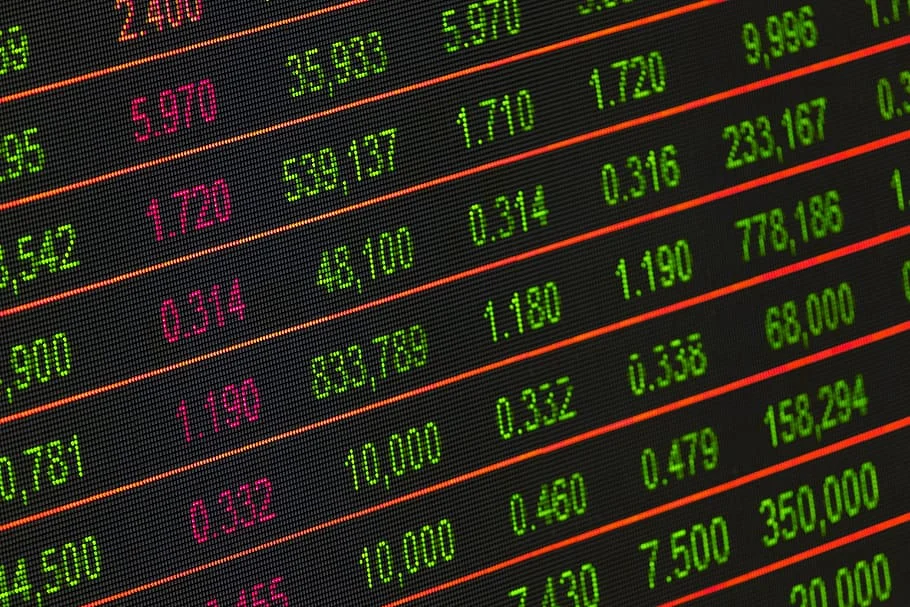US voters on Tuesday (5 November) decisively sent Donald Trump back to the White House for a second presidential term after four years away. But perhaps the next biggest winners from the election were prediction markets, the derivatives exchanges that allowed the country to stake legal wagers on the election for the first time.
Perhaps the most notable market was Kalshi, which secured approval in federal appeals court to list its political “yes/no” event contracts less than six weeks ago. Like all exchanges, Kalshi matches opposite contracts to each other and makes money on trading commissions.
As of Wednesday (6 November) morning, the platform looks to have taken in more than $700 million (£542.5 million/€651.5 million) in contracts for this election cycle. Nearly $430 million was staked on the presidential race.
On 15 October, the overall total was $15 million. On 3 November, it was $250 million.
Kalshi successfully argued in court twice that the contracts did not involve gaming. With its rulings in hand, it then aggressively marketed its offerings in the lead-up to the election. It did so by frequently referencing the word “bet”, which seemed contrary to how it was approved. Regardless, Americans did not hesitate to pounce on the opportunity to stake real money on a legal platform for the first time. And while Kalshi is currently the only legal prediction market in the US, others prospered as well.
Polymarket is a grey-market, crypto-based prediction market that is technically barred from use by US users. It took in over $4 billion in election contracts. PredictIt is another grey-area platform based in New Zealand. It also likely took in over $1 billion due to the amount of “active shares” listed multiplied by its $850 contract limits. Both were referenced ubiquitously by media outlets despite the legal scrutiny surrounding them.
Prediction odds proved correct
The legality of prediction markets is far from settled, with more legal challenges expected. But one thing they did do was correctly predict the election outcome and the margin of victory.
One of Kalshi’s arguments in favour of allowing prediction markets is that they could be “a powerful tool” to fight election misinformation. Hard data, the company said, is more reliable than traditional polls.
Trump was a heavy favourite on all three prediction platforms for weeks leading up to official results. On Kalshi, his lead ballooned to a high of 64%-36% in late October. Conversely, nearly all traditional polls, including FiveThirtyEight, long-listed democratic candidate Kamala Harris as a narrow favourite.
The gambling-centric messaging from prediction markets may draw the ire of the gaming industry, but the accuracy of the predictions themselves will likely be a feather in their cap.



